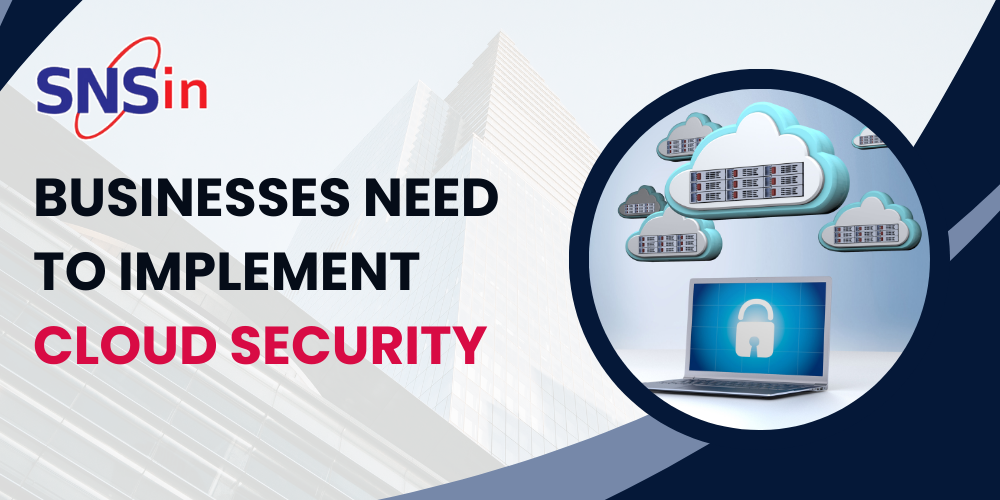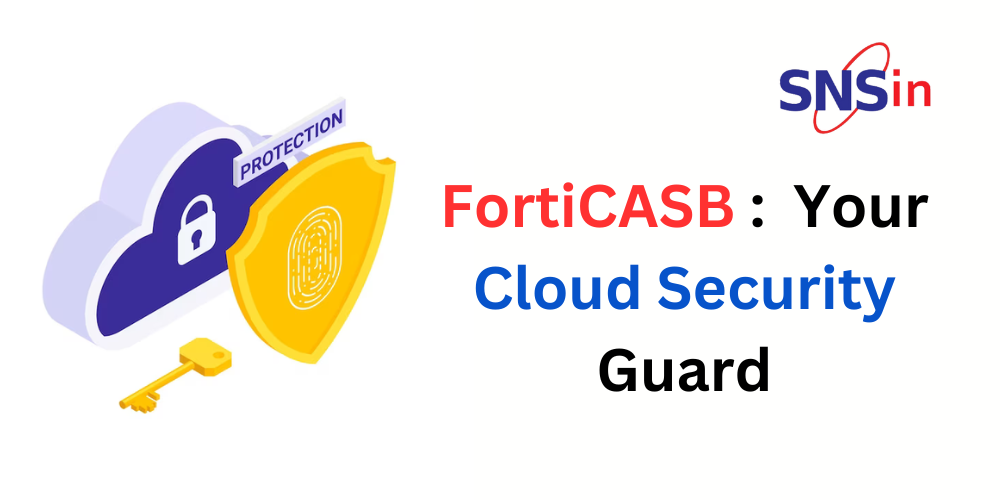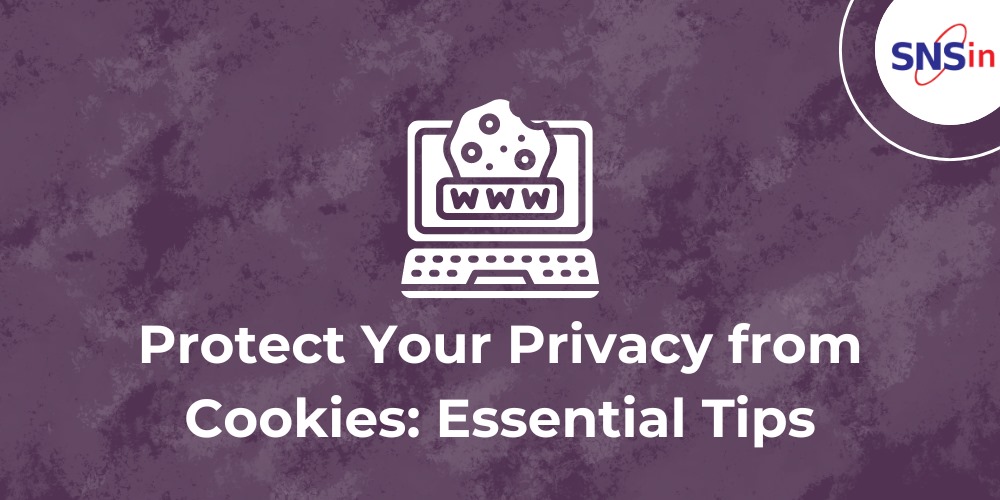A few cloud statistics from leading industry vendors are as below:
- According to Check Point CSR report 2024, 51% of Firms have configured insecure APIs in the Cloud.
- According to Netskope TLS report 2024, 49% of Malware downloads in Jan 2024 came from 178 Cloud Apps.
- According to Palo Alto CTR report 2024, 66% of Cloud Storage contains Sensitive Information.
- According to Orca CSR report 2024, 61% of Businesses leave their Cloud Accounts wide open – No MFA for root users.
Cloud adoption is booming, but with it comes the critical need for robust security. Here’s why businesses can’t afford to ignore cloud security:
Data Breaches & Cyberattacks
Cloud platforms store sensitive information like customer data, financial records, and intellectual property. Data breaches trigger financial losses, reputational damage, and legal trouble.
Shared Responsibility Model
Cloud providers only secure the infrastructure. Companies are responsible for securing their own data within the cloud.
Evolving Threat Landscape
Cybercriminals are developing new methods to exploit vulnerabilities. Implementing robust security measures is crucial to stay ahead of evolving threats.
Data Protection
The cloud stores critical data like customer details, financial records, and intellectual property. Cloud security safeguards this data through encryption, access controls, and threat monitoring.
Compliance
Regulations like GDPR and HIPAA mandate data protection. Cloud security solutions simplify compliance by providing tools for reporting and data governance. It ensures that businesses meet industry standards.
Threat Mitigation
AI-powered threat detection stops cyberattacks like malware, phishing, & unauthorized access before they strike.
Business Continuity
Cloud security includes disaster recovery & backup mechanisms to cut downtime. It ensures operational continuity in case of disruptions.
Remote Work Security
Securing remote access, devices, and networks is crucial for today’s dispersed workforces. Cloud security solutions offer controls, VPNs, and endpoint protection for secure remote access.
Benefits of Cloud Security
- Enhanced Data Protection
- Reduced Risk of Breaches
- Improved Compliance
- Peace of Mind
Essential Cloud Security Practices
- Encrypting data at rest and in transit ensures it remains unreadable even in the event of a breach.
- Enforce granular access controls based on job roles, granting the least necessary permissions to protect sensitive data.
- Fortify cloud access with MFA, requiring users to present extra verification beyond passwords.
- Regular security audits proactively identify and patch vulnerabilities in your cloud environment.
- Employee cybersecurity training minimizes human error, a major security vulnerability.
Wrap Up
Investing in cloud security is non-negotiable. It secures data, ensures compliance, thwarts threat, maintains smooth operations & secures remote work. It fosters trust & resilience with customers. This proactive approach mitigates risks & fosters a secure environment for businesses. By prioritizing cloud security, businesses can secure their valuable data.
Cloud security is a continuous process, requiring ongoing monitoring & mitigation to emerging threats.
For any queries and/or to discuss your cloud security needs, contact us via email: [email protected]
Swathi
Author
Working IT professional and a Cyber Security enthusiast. Passionate to write about Cyber Security topics and Solutions. I share my insights as I study articles and trending topics in the field of Cyber Security.
![]()




